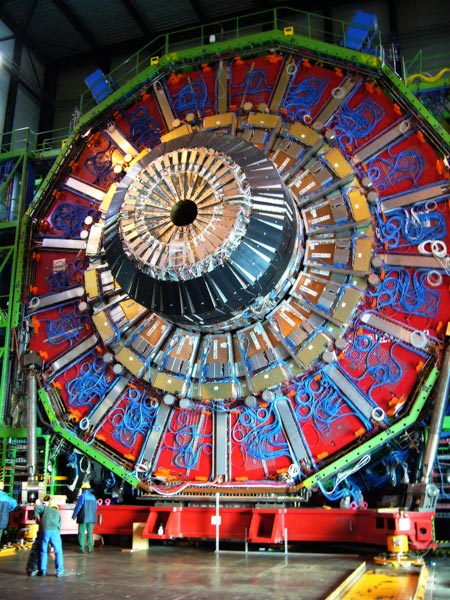The public has a distorted view of science, because children are taught in school that science is a collection of firmly established truths. In fact, science is not a collection of truths. It is a continuing exploration of mysteries.

Freeman Dyson continues:
Wherever we go exploring in the world around us, we find mysteries. Our planet is covered by continents and oceans whose origin we cannot explain. Our atmosphere is constantly stirred by poorly understood disturbances that we call weather and climate. The visible matter in the universe is outweighed by a much larger quantity of dark invisible matter that we do not understand at all. The origin of life is a total mystery, and so is the existence of human consciousness. We have no clear idea how the electrical discharges occurring in nerve cells in our brains are connected with our feelings and desires and actions. …
Science is the sum total of a great multitude of mysteries. It is an unending argument between a great multitude of voices. It resembles Wikipedia much more than it resembles the Encyclopaedia Britannica.
Those who don’t accept this are called denialists.
Related posts:
Andrew Wakfield: The integrity and validity of science
Health care, climate change, and the myth of the free market
Merchants of Doubt
Scientists confront political attacks on climate change
A financial expert argues: Global warming is real
Resources:
Image: Geekologie
Freeman Dyson, How We Know, The New York Review of Books, March 10, 2011
Steven L. Goldman, Science Wars – What Scientists Know and How They Know It
You can read a review of this here, in the comments. I’ve watched or listened to these lectures three times. Goldman is indeed magnificent.


Sorry, comments are closed for this post.